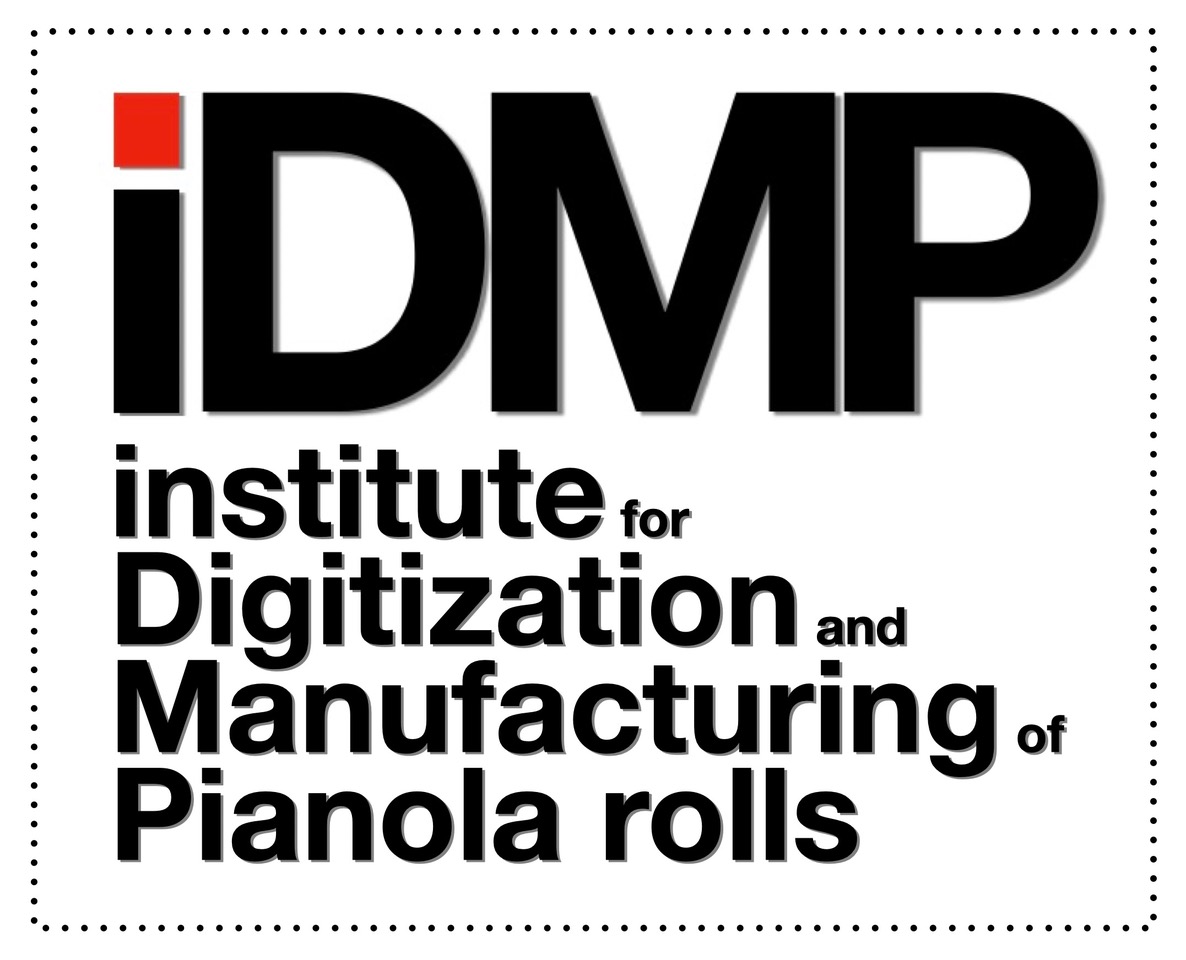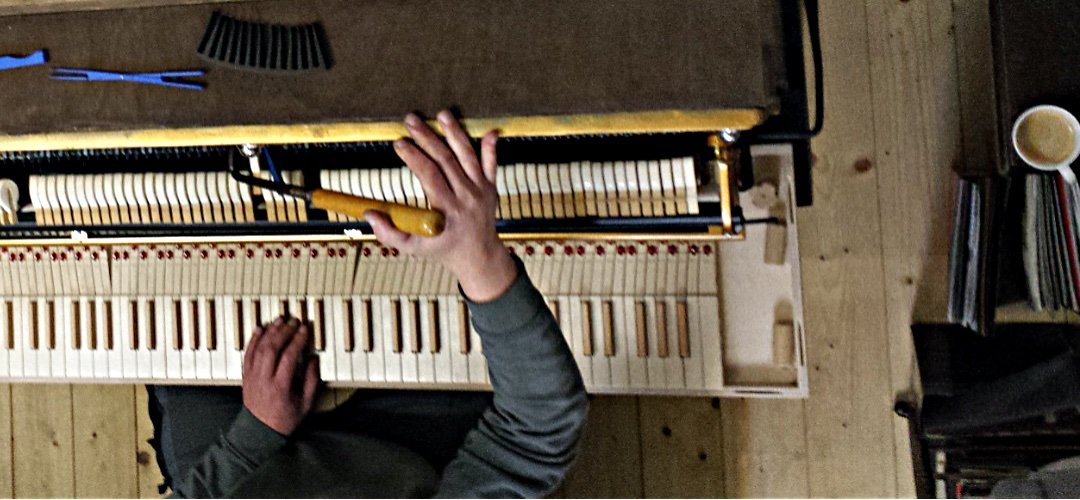The regular tuning of the piano is necessary to maintain a good sound, but also to preserve the substance. Whether you like the sound is a matter for the ear. If a piano is not tuned for a long time, the tuning pitch will gradually drop - and in the worst case, it will only be possible to restore it later to a limited extent or not at all without consequential damage. This means that even unused pianos should be tuned regularly (every 1-2 years). For regularly used pianos, we recommend 1-2 tunings per year, usually when the heating is changed in spring and late autumn.
Concert pitch
Moderne Klaviere werden üblicherweise auf Kammerton oder höher gestimmt. Ältere und historische Pianos hatten andere Stimmhöhen – und erlauben durch Alterung oft nicht mehr die Originalstimmhöhen. Welche Tonhöhe für die Stimmung Ihres Instrumentes sinnvoll ist, sollte ein lokaler Fachmann feststellen. Lesen Sie dazu auch unseren Blogbeitrag ‚What is a concert pitch?‚.
Tuning after transport
Changes in location and transport usually cause changes to the tuning. Even if the piano has been transported professionally (transport cover, air-conditioned, shock-protected, etc.), it is advisable to allow the piano to acclimatise for at least 2-4 weeks after transport. Then it can be regulated more stably and the tuning will also hold better. If there is a significant change in the room climate between the previous location and the new location, it may be necessary to tune the piano several times in the first year.
How much does a piano tuning cost?
In our experience, a piano tuning in Germany costs between 90.00 and 150.00 euros, depending on the condition of the piano and the tuning technique. We estimate tuning by ear, as in our experience the result is much better suited to the instrument. It is helpful to have an experienced piano tuner recommended by acquaintances, friends or piano teachers. There are different requirements for piano tuning depending on playing ability and hearing.
Tuning old pianos
As in all trades, not all piano tuners are able to realise fine differentiations and produce stable tunings. If you have an older piano, it is advisable to choose a piano tuner with an affinity for and knowledge of older instruments. Some piano houses are - albeit rarely - less enthusiastic about such antique instruments - which can unfortunately result in higher tuning costs or high renovation offers. Many piano tuners are listed on the website of the Association of German Piano Makers http://www.bdk-piano.de.
Problems to maintain the tuning?
If the substance of the piano no longer allows good tuning, it is advisable to decide whether a renovation (possibly a replacement of the soundpost and tuning pins, etc.) is economically worthwhile. Please also read our offer for Piano Evaluation or Piano Restoration.
A piano tuner usually carries out a small-scale re-regulation of a piano at the same time as tuning and charges for this on an hourly basis. This involves, for example, adjusting the touch, damping, pedal system etc. so that you can continue to enjoy the piano.
Maintenance every 3-5 years
A normally used instrument should be comprehensively serviced every 3-5 years in order to ensure that you can enjoy playing it again. A piano has thousands of individual parts, most of which are in the action. Wearing parts must be regularly adjusted or replaced depending on the amount of use and quality / degree of preservation. Hammers and dampers need to be reworked - and minor repairs carried out. A more extensive overhaul/renovation of the piano is necessary if you are no longer satisfied with the sound/playing experience despite regular maintenance.


